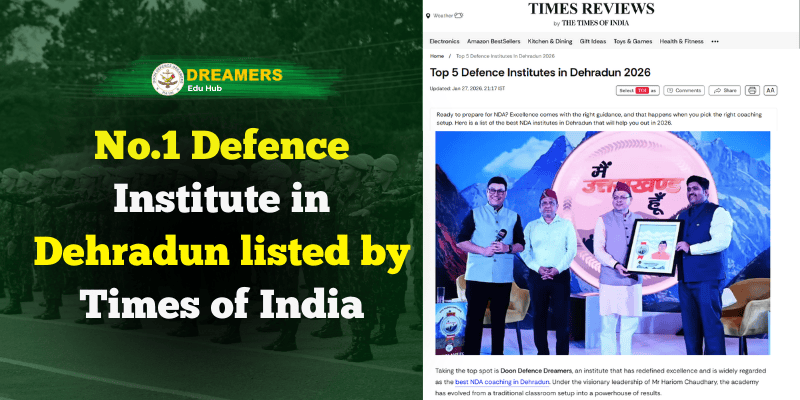In the dynamic and challenging world of the military, effective leadership plays a vital role in achieving success. The United States Army has identified seven essential leadership traits that are crucial for guiding and inspiring soldiers to accomplish their missions. These traits not only shape exceptional military leaders but also hold valuable lessons for leadership in various fields. Let’s explore each of these traits and understand their significance.
- Integrity: At the core of great leadership lies integrity, the unwavering commitment to moral and ethical principles. Army leaders with integrity earn the trust and respect of their subordinates and superiors alike. They consistently demonstrate honesty, accountability, and a strong sense of duty. By embodying integrity, leaders foster an environment of trust, ensuring that their decisions and actions align with the Army values.
- Loyalty: Loyalty is the bedrock of effective teamwork and cohesion within the military. Army leaders prioritize the welfare of their unit and their subordinates, displaying unwavering support in times of challenge and adversity. By fostering a culture of loyalty, leaders cultivate a sense of commitment, dedication, and mutual respect among their team members, ultimately strengthening the overall effectiveness of the unit.
- Duty: Duty is a fundamental principle that underscores an Army leader’s sense of responsibility and commitment to their mission. Leaders who embody this trait place the needs of the organization and their subordinates above their personal interests. They willingly accept their responsibilities and ensure that their actions contribute to the overall success of the team and the accomplishment of the mission.
- Respect: Respect is a two-way street that must be earned and given. Army leaders lead by example, treating all individuals with dignity and respect, regardless of rank or background. By valuing the opinions, skills, and diversity of their team members, leaders create an environment where everyone feels valued, fostering a culture of inclusivity, open communication, and collaboration.
- Selfless Service: Army leaders embrace selfless service, embodying a commitment to putting the needs of others before their own. They prioritize the welfare and well-being of their subordinates, ensuring that their physical, emotional, and professional needs are met. By selflessly serving others, leaders inspire their teams to work towards a common goal, fostering a culture of sacrifice, support, and camaraderie.
- Honor: Honor is the cornerstone of an Army leader’s character, encompassing personal integrity, ethical behavior, and a deep sense of responsibility. Leaders with a strong sense of honor adhere to the highest standards of conduct and make decisions guided by principles rather than expediency. By upholding honor, leaders set the standard for ethical behavior and instill confidence and trust in their subordinates.
- Courage: In the face of adversity, it is courage that propels Army leaders forward. Courageous leaders are willing to take calculated risks, make difficult decisions, and stand up for what is right, even in the face of opposition. By demonstrating moral and physical courage, leaders inspire their teams to overcome obstacles, push boundaries, and achieve extraordinary results.
Conclusion: The seven Army leadership traits of integrity, loyalty, duty, respect, selfless service, honor, and courage form the foundation of exceptional military leadership. These traits, rooted in core values, are not limited to the military domain but hold immense relevance in various sectors. By embracing these traits, leaders can inspire and motivate their teams, fostering an environment of excellence, trust, and accomplishment. Whether on the battlefield or in the boardroom, these traits serve as guiding principles for leaders to make a lasting and positive impact.





























